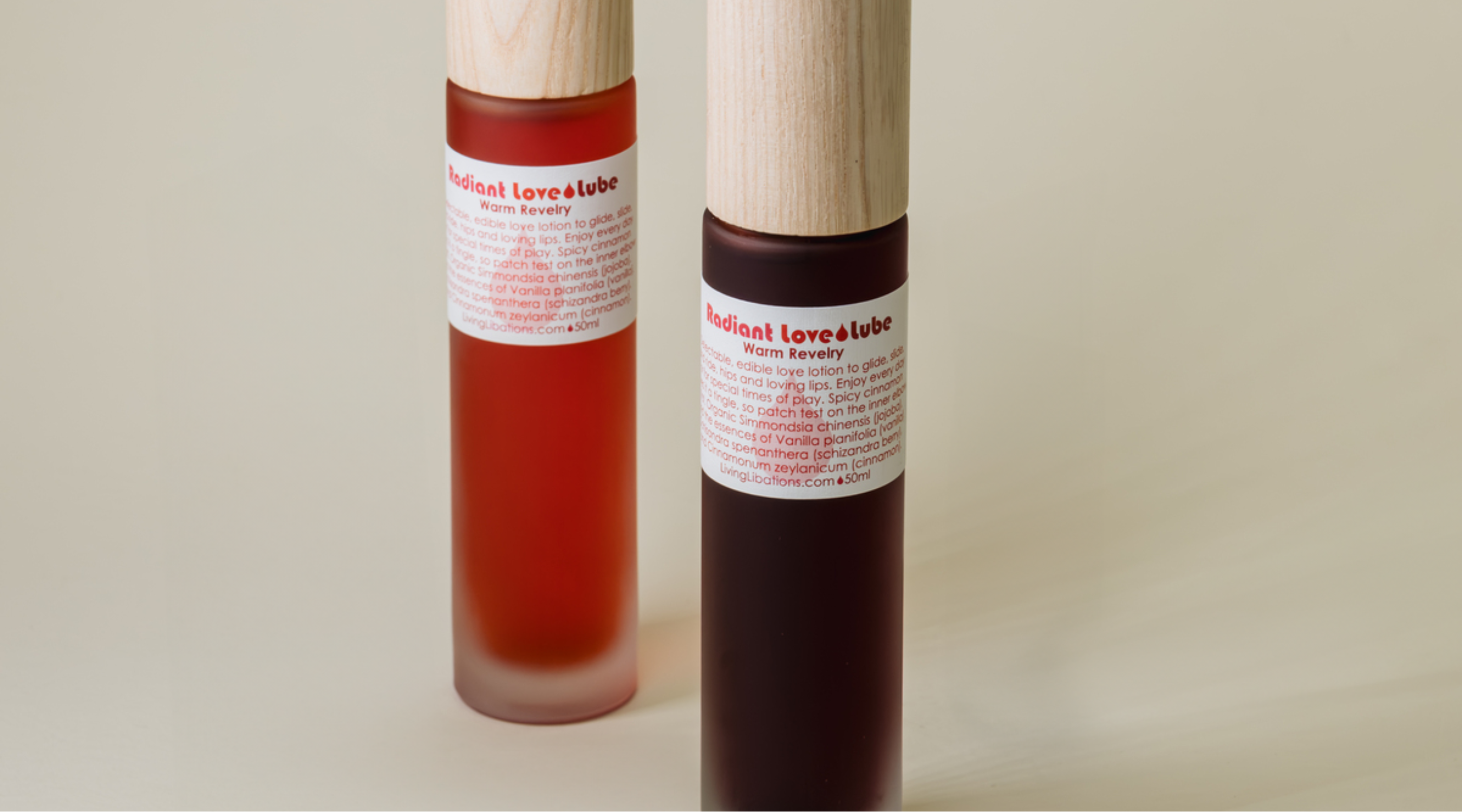
Why is Sleep Important?
Sleep can impact the mind, body and soul. Proper sleep management and eating healthy food can determine how you feel and show up in your life. Read below to discover Frances Michaelson’s tips and tricks on ensuring you are getting the proper rest your body desperately needs.
Le sommeil peut avoir un impact sur l'esprit, le corps et l'âme. Une bonne hygiène de sommeil et une alimentation saine peuvent avoir un impact déterminant sur la façon dont vous vous sentez et dont vous vous comportez au quotidien. Lisez ce qui suit pour découvrir les conseils et les astuces de Frances Michaelson qui vous permettront de veiller à ce que votre corps prenne le repos dont il a désespérément besoin.
Why is sleep important?
Next to the importance of what you feed your body and how you move your body is how you rest your body, and that is called sleep. You can only expect a healthy immune system with proper sleep habits. We all know how awful we feel when our sleep gets disrupted. We cannot function well both mentally and physically. This is so obvious when we experience jet lag. When do people tend to come down with a cold or the flu? It is typically after travelling abroad. They are quick to blame the airplane and lack of oxygen, but most of the time, it is due to a lack of quality sleep.
The link between sleep & cortisol
The most critical hours of sleep are between 10 p.m. and 4 A.M. Your lowest cortisol levels are around 10 P.M. This elevates the anabolic hormones testosterone, growth hormone, and melatonin. We must keep our rhythm of cortisol in check by living closely to the rising and setting of the sun. Cortisol, a catabolic hormone released by the adrenal glands to combat stress, is at its peak at 10:00 AM and starts to lower around 4:00 pm. If we create regular sleep patterns, meaning rising with the sun and taming our work day down with the sun's setting, we will set the tone for a stable cortisol response. But if we constantly disrupt this rhythm by working late into the night or looking at our screens, instead of slowing down, we will keep chipping away at our cortisol (stress hormone), disrupting the flow. Even looking at television (especially the news) will contribute to the release of cortisol. This will result in a loss of sleep quality and the ability to handle stress when we need it the most.
Healthy habits to create healthy sleep patterns
So what can we do to ensure a good night's sleep? Setting regular bed and wake time hours is crucial. It is the only way to make permanent lifestyle changes. Aim to get into bed by 10:00/10:30 and rise with the sun. The few hours before bed are best spent either in nature, reading a book, listening to music, taking a bath, or relaxing with your pet. There is a better time for catching up on a project or watching the news on television. Of course, choosing the right book is also essential. Stay away from politics, scary mysteries, etc. This is an excellent time to read relaxing fluff or calming poetry.
Your last meal should end by 7:00 pm at the latest. This is because your body is still working hard to digest your food from the day. When we eat late, especially if it is a meal of animal protein or starchy carbohydrates, we add to the digestive processes and have to call on cortisol and insulin even more, to help break down these food groups. Remember that cortisol and insulin are fat-storing hormones, so eating late will only exacerbate the problem if you try to lose weight. I suggest having your last meal of the day between 5:00 and 6:00 and eating something light and easy to digest. Adding leafy greens to any protein you choose would ensure you get the enzymes needed to help digest the meal. The evening meal is the time to avoid complex carbs and excess sugars.
Deep breathing while in bed also helps to fall asleep quickly. There are so many different apps and blogs on breathing. I suggest a slow inhale through the nose, holding for a few seconds, and then exhaling slowly through the mouth.
Your bed room should be free of Wi-Fi , and as dark as possible. The room should be cool. I always sleep with my window open, even in the death of winter. Keeping a plant in the room for added oxygen or having a diffuser of essential oils such as lavender, which is well known for slowing heartbeat and relaxing muscles, is a good idea. Magnesium glycinate or a by glycinate is also recommended before bed as this mineral helps to calm us down, and our soil is highly lacking in this nutrient.
If you still need an alarm clock to wake up, I strongly suggest using one that includes a gradually glowing light with natural sounds so that you can start your morning peacefully instead of hearing the sound of a blaring alarm. I know many use their phone and say it is in airplane mode. I do not like this because it still tells me that you are looking at your social media before bed, probably first thing in the morning. As discussed above, this habit does not fall into the proper flow of cortisol, and keeping it in your room will make it even harder to change. The expression “Out of sight, out of mind” cannot be underestimated.
By gradually introducing the tips I outlined, your sleep should improve along with your mood and energy.
Sleep tight,
Frances Michaelson











Leave a comment